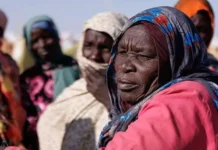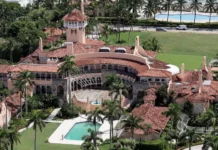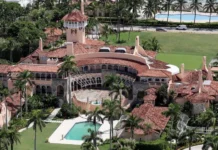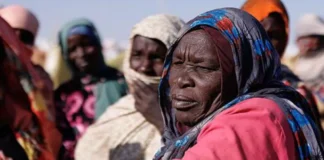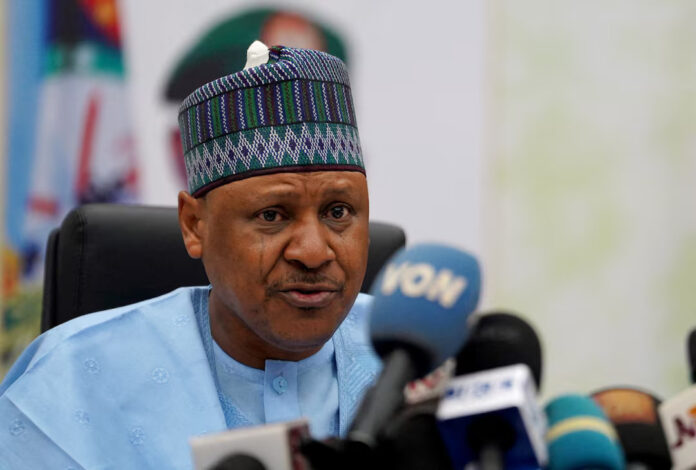
Nigeria’s government has firmly rejected its inclusion by the United States on a list of countries accused of violating religious freedom, calling the move inaccurate and based on misinformation.
The U.S. government, under President Donald Trump, last week re-designated Nigeria as a “country of particular concern” for alleged violations of religious freedom.
Trump also said on Saturday that he had directed the U.S. Defense Department to prepare for possible “fast” military action if Nigeria failed to address the reported killings of Christians.
The decision has strained diplomatic relations between the two nations, with Nigerian officials insisting the U.S. assessment misrepresents the country’s complex security challenges.
“Any narrative suggesting that the Nigerian State is failing to take action against religious attacks is based on misinformation or faulty data,” Information Minister Mohammed Idris said at a press briefing on Wednesday.
He added that threats of military intervention by Washington were “unwarranted and unhelpful.”
Nigeria’s Chief of Defence Staff, General Olufemi Oluyede, said earlier this week that the country’s main challenge was terrorism, not persecution of Christians.
The presidency echoed that position, saying Nigeria would welcome U.S. assistance in combating Islamist insurgents, provided its sovereignty and territorial integrity are respected.
Idris said President Bola Tinubu’s administration, in power since May 2023, had made significant progress in the fight against terrorism.
He reported that more than 13,500 militants have been killed, 17,000 suspects arrested, and over 11,200 hostages, including women and children, rescued in ongoing operations.
“Terrorism affects both Christians and Muslims alike,” Idris said, emphasizing that the government remains committed to ending extremist violence through military action, regional cooperation, and engagement with international partners.
Nigeria, Africa’s most populous nation with over 200 ethnic groups practicing Christianity, Islam, and traditional faiths, has long prided itself on religious coexistence, though sporadic violence, often rooted in ethnic and economic tensions, continues to challenge national stability.
Source: Reuters
Written By Rodney Mbua









